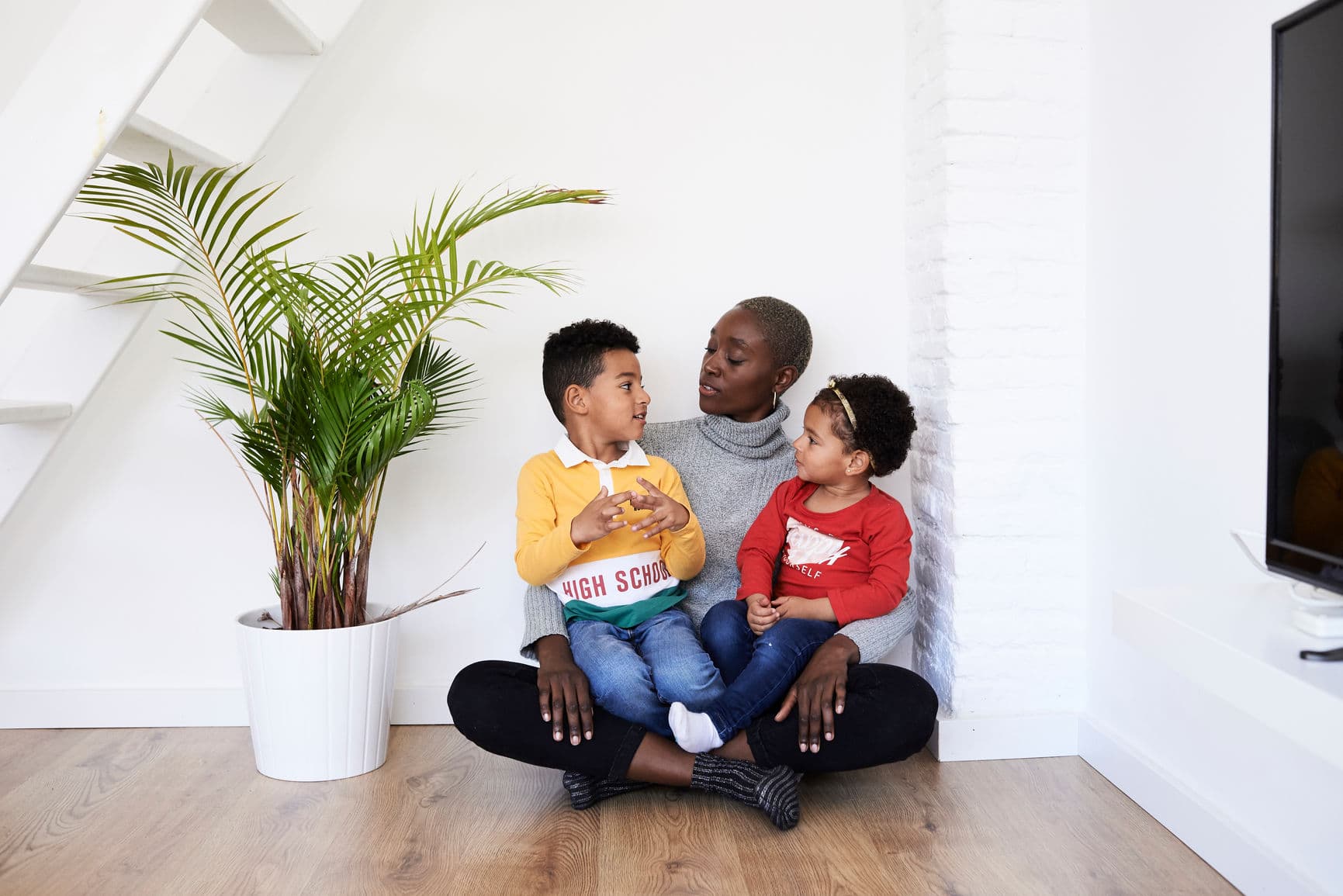Of all the gigs in the gig economy, offering short-term, in-home vacation rentals on websites like Airbnb© or VRBO® seems to be one that requires low efforts for high returns. But is it right for you?
Assuming you don’t mind sharing at least part of your space with strangers, and you feel comfortable with the oft-debated ethics of home sharing, the first consideration is the amount of money you might earn. This figure varies widely according to the type of space for rent and its location, but according to Earnest, most Airbnb hosts (38 percent), make between $200 and $499 a month. Many others earn more than $1,000 a month.
Sounds lucrative enough. Here are a few factors to consider before you decide whether the ends justify the means.
How much can you make renting on Airbnb?
The first thing to do is to check out what your space can make you. AirDNA© is useful for finding out the price of rentals like your own (similar size, amenities and area), and so are Airbnb and VRBO themselves.
Check all those sites for rentals like yours, and be sure to look dispassionately. If you see a room the same size as yours that has been decorated with questionable taste, don’t assume your room will rent easier because of that wallpaper you bought while you were in France. Also, be clear about the differences between rentals; if many of the rooms in your area have private bathrooms and yours doesn’t, you may have to charge less to be competitive, even if your place is nicer.
How much work is involved in vacation rental hosting?
Part of the appeal of Airbnb and VRBO is that it looks like hosts make money while they (and their guests) sleep. It’s not quite that easy. Hosting comes with a few hard costs and several demands on your time that you should factor in when considering how much profit you’ll make.
“Be prepared to spend a lot of time on cleaning,” says Jan, a home-sharing host who has also learned about the experiences of other hosts through her role running the Airbnb Tips blog. “Otherwise you’ll need to hire a cleaning service,” she says, which will obviously affect your profit.
Every time a new guest comes, the place you’re renting out needs to be hotel-level spotless, with fresh towels and linens. You’ll also have to arrange drop off and collection of keys. At first, you may be surprised how much time and effort these simple tasks take (it’s the reason many people charge more for one-night stays). You should also consider time spent answering emails, and the fact that you need to respond to them quickly in order to get bookings: most potential guests will email several listings at the same time, so it’s in your interest to respond quickly. If you have a job that prevents you from checking personal email for long periods, you may need to partner with someone for help with hosting-related emails.
Ways to elevate your guests’ experience
An in-home vacation rental is not a hotel, and that – along with relative cheapness – is part of the appeal. All the same, many people still expect some hotel amenities. Imagine what you would expect to find in a hotel room and provide at least those things. How many amenities depends on whether your frame of reference is a roadside motel or a luxury resort, but certain amenities are considered standard.
You may not use a hair dryer, but some of your guests will. A bridesmaid who can’t do her hair before a wedding is unlikely to leave good feedback, however comfortable your room. Don’t drink coffee? If you want good feedback, you need to have some on hand for guests. The same goes for tea and all the condiments that go along with hot drinks (cream or creamer, sugar, and artificial sweetener).
Thinking like a hotel also means viewing the whole experience of staying in your house from the point of view of someone else, including someone who doesn’t share your sensibilities. A friend and I were the first guests at an Airbnb in New Orleans. The young couple who hosted us couldn’t have been nicer, but when we asked to use the wifi, they gave us a password that was… let’s just say inappropriate. We were amused, but a more conservative guest or a family with children might have felt differently.
Who needs life insurance?
Life insurance is a smart move when you have people in your life who depend on you financially.
Read moreBe your own guest
Every now and then you or someone else in your family should sleep in the room you rent out. Experience different times of day and different seasons in the room. Perhaps the garbage truck wakes you up when it comes by in the morning. Is it colder in winter than you thought? Does the window rattle when it’s windy? As a host, you don’t want guests telling you things you ought to already know.
You won’t love all of your guests
Asked what she wished she’d known before she started hosting, Jan says, putting it mildly, “Not all guests will treat your things carefully and with respect.”
You don’t have to talk to Airbnb or VRBO hosts for long before the horror stories come out. Tales like the man in New York whose house was trashed when an Airbnb guest threw a party for 300 people are rare, but most hosts have stories. Some guests break things, invite dubious strangers into the house, or violate a rule or three. This is one reason why it’s important to state your rules plainly in your listing.
It’s worth noting that Airbnb customer service has a reputation among hosts for favoring the guest over the host. Says Jan, “One time, Airbnb shut my account down for 10 days based on false accusations from a guest. I had to spend a lot of time and energy to prove myself right.” In summation, she adds, “Prepare for complaints and difficult guests. It’s impossible to make everyone satisfied.”
The question of whether you’ll be satisfied by hosting depends on your expectations. If you view it as a kind of work, it could suit you very well, and an extra $6,000 or $12,000 a year may well justify the effort. If you expect hosting strangers to be easy money or always fun, you should probably just stick to being an Airbnb or VRBO guest.






